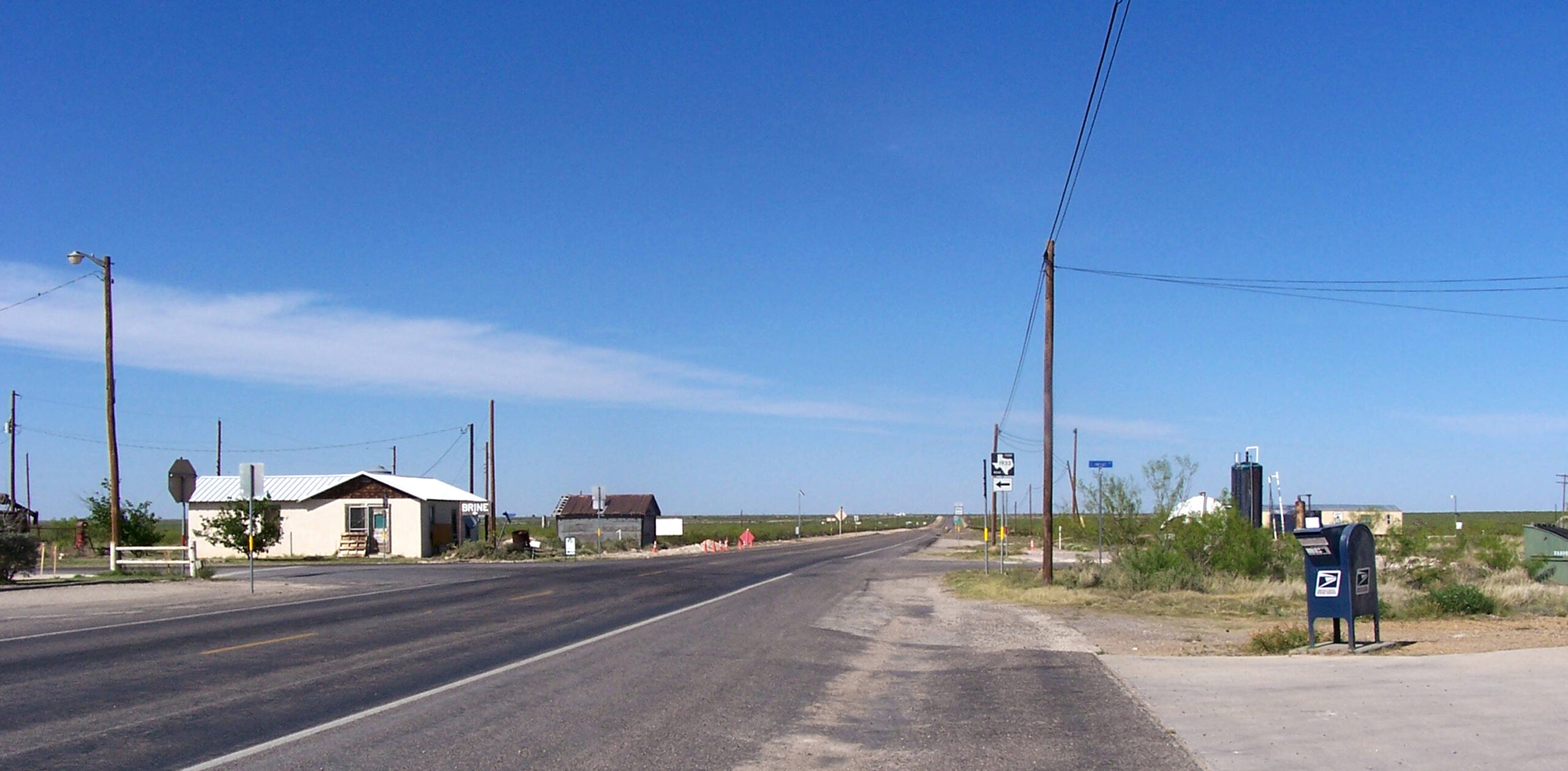Throughout history, there have been lawsuits and court cases that have been just as much about the city or town where the dispute took place as it was about the people and the conflict itself.
The 1980s Georgia murder trials of John Williams, as featured in the bestselling book Midnight in the Garden of Good and Evil, were as much about life in Savannah as it was the killing of Danny Hansford. The multibillion-dollar civil trial involving the Exxon Valdez oil spill put the lives of the people of Cordova and Prince William Sound at the center of the decadeslong legal battle.
On Friday, the U.S. Court of Appeals for the Fifth Circuit issued an opinion of significant importance for multiple reasons. It involves a decadelong political and legal feud between local enemies that resulted in arrests, criminal charges and a federal civil rights lawsuit that now splits the appellate judges.
And just like the Exxon Valdez case, the plaintiffs in Matthew Jones v. Amber M. King are seeking more than $1 billion in damages.
Sitting on one side — the majority — is Fifth Circuit Judge Don Willett, the former Twitter chief of Texas, and Judge Patrick Higginbotham, one of the most respected judges in the U.S. The other side is Judge James Ho, a judge who is known for his spirited dissents and widely viewed as being a candidate for any future U.S. Supreme Court vacancies that might come during President Donald Trump’s term.

A primary legal issue in dispute is whether the lead defendant, Justice of the Peace Amber King, has judicial immunity. All three esteemed appellate judges have written volumes on the topic of immunity from civil rights litigation.
Yet, the panel’s opinion in Jones v. King is a mere 17 pages, including Judge Ho’s dissent.
But the gem in this opinion is the controversy’s setting — West Texas’ Loving County, which sits between the thriving metropolis of Pecos and Roswell, New Mexico, and is home to 64 people — and only one of them is a lawyer, according to the State Bar of Texas. And he — Steve Simonson — appears to have nothing to do with this case.
Lucky him.
But Judge Willett’s excellent writing puts the jurisdiction front and center.
“Loving County in the heart of Texas’s Permian Basin is the least populous county in the continental United States,” Judge Willetts wrote. “It was, fittingly, the last county in America to report a case of COVID-19. But what it lacks in population, it makes up for in petroleum. Sitting atop some of the nation’s richest oil and gas reserves, this patch of West Texas — where pump jacks outnumber people — has long been home to bitter feuds among powerful families vying for political control over a massive tax base swollen by sky-high land values.”
Then the appellate judge tackles the facts — though the opinion fails to highlight that Judge King, who holds an associate’s degree in paralegal studies, is not a lawyer and was defeated in a special election after her 2022 reelection bid ended in a tie.
“Three registered Texas voters allege that three local officials — a justice of the peace, a sheriff, and a constable — orchestrated a vengeful scheme to punish them as ‘personal and political adversaries.’ The facts are striking: Plaintiffs reported for jury duty only to be arrested and accused of falsely claiming eligibility by not actually residing in Loving County. Beneath it all lies a deeper battle over election integrity,” Judge Willett wrote.

Then-Judge King summoned a panel of jurors in 2022 “for an upcoming trial,” according to court records. When the prospective jurors arrived, Judge King asked them under oath whether they were citizens of Loving County. The plaintiffs in the federal civil rights case — Matthew Jones, Ysidro Renteria and William Jones Carr — were in the jury venire and said they cast their votes in Loving County, but the court officials-turned-defendants insist they don’t live there. Judge King ordered them arrested, handcuffed and jailed. Sheriff Chris Busse and Constable Brandon Jones took the action and are now co-defendants with Judge King.
According to court documents, Jones is the son of Loving County’s former county judge, Skeet Jones, who had many political clashes with Judge King. Judge Jones himself faced legal troubles when he was indicted for cattle rustling in 2023. His sister was elected to be county court clerk.
In addition, Busse, King and Renteria previously served on the Loving County Appraisal Board together.
“The officials contend they were merely enforcing Texas voter-eligibility rules and reining in nonresidents who are skirting those rules in order to sway elections,” Judge Willett wrote. “Plaintiffs, by contrast, call it ‘lawfare,’ plain and simple — an abuse of law enforcement to settle political scores in a county where near-perfect turnout means elections are often decided by a handful of votes. In their telling, the arrests were a voter-roll ruse — a retaliatory scheme dressed up as voter enforcement, designed to silence dissent and avenge long-simmering personal and political grievances. Weighty though they are, those voter-eligibility disputes — what counts as ‘residency’ and who may vote where — are not before us.”

Instead, Jones v. King is only about judicial immunity and jurisdiction, the Fifth Circuit majority decided.
The plaintiffs sued the defendants under Section 1983, alleging that their arrests violated a host of constitutional rights.
U.S. District Judge David Counts of the Western District of Texas granted judicial and quasi-judicial immunity on some claims but ruled the “sham jury proceeding” was not covered by judicial immunity.
Judges Willett and Higginbotham ruled that “presiding over the jury proceeding was a judicial act shielded by absolute judicial immunity.” For all the other claims, the judges ruled that they do not have jurisdiction at this point in the litigation.
“This case may well be, as Plaintiffs contend, a bare-knuckled episode of political lawfare in the nation’s least-populated county,” Judge Willett wrote. “Abusing judicial power to settle political scores is no small matter — and if true, it is plainly ignoble. But however troubling the allegations, qualifying a venire is a judicial act, and judicial acts are shielded by judicial immunity. The remedy for abusing that power lies not in § 1983 but in the voting booth.”
In his dissent, Judge Ho states clearly that “this is a textbook case of ‘lawfare’ — ‘an abuse of law enforcement to settle political scores’ — as the majority rightly acknowledges.”
But Judge Ho wrote that Judge King does not deserve immunity because such a finding hinges on the “nature of the act.”
“So Judge King’s actions were plainly administrative, rather than judicial, in nature,” Judge Ho wrote. “I would therefore affirm the denial of judicial immunity. Accordingly, I respectfully dissent.”
The lawyers representing the plaintiffs are Jason Davis, Hayley Ellison and Caroline Small of Davis & Santos in San Antonio.
The defendants are represented by William Christian, Mark Stahl and Daniela Welsh of Graves, Dougherty, Hearon & Moody of Austin.
The case Matthew Jones v. Amber King, Fifth Circuit, Case No. 23-50850.
